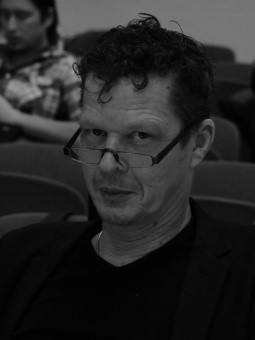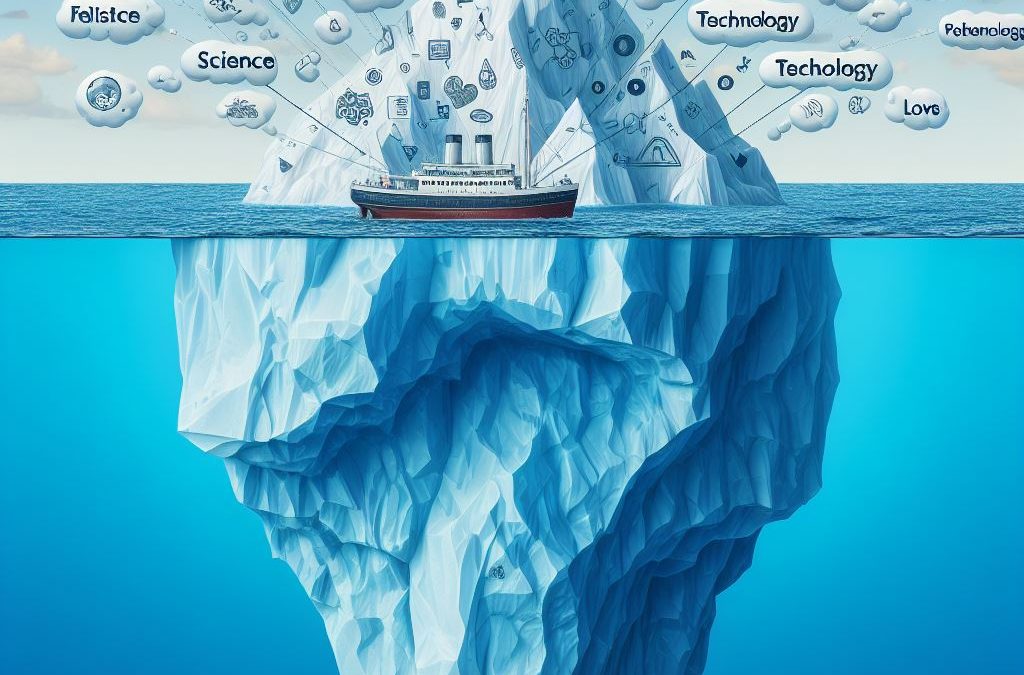
- Seminario
- Dr. Johannes Gierschner
- Organiza: IB
- 22 de marzo 2024, 11:30 h
- Salón de actos del Instituto de Bioingeniería edificio Vinalopó
Next 22/03/2024, at 11:30 am, a research conference entitled “Declining Scientific Integrity in Current Materials Research: Perspectives and Ideas under the Tip of the Iceberg” will take place in the auditorium of the Institute of Bioengineering, located in the Vinalopó building of the Elche campus, as part of the seminar program of the Master’s Degree in Biotechnology and Bioengineering and the PhD Program in Bioengineering. The conference will be given by Dr. Johannes Gierschner from the Madrid Institute for Advanced Studies (IMDEA Nanoscience-Madrid), and is organized by Prof. Fernando Fernández, Professor of Organic Chemistry and researcher at the Institute of Bioengineering of the UMH.
Brief description of the talk
In recent decades, awareness of ‘good scientific practice’ has grown in universities and research institutions, especially with the increase in cases of fraud and plagiarism, as well as conflicts of interest and authorship. Along with this, broader ethical questions have also been raised related to human genetics, animal welfare and data protection, breach of trust or funding, and diversity and gender issues. For these broader ethical concerns, commissions were established and ombudsmen appointed, while for scientific misconduct, protective guidelines are available. In any case, such rules generally focus on the most obvious violations (summarized under the term FFP: falsification, fabrication, plagiarism), while their increasing and systematic occurrence provides evidence of a much deeper and inherent crisis in scientific research and publication. For example, “CV embellishment” through “citation gaming” via “invited” and “hyper “excessive authorship, and “citation cartels”, etc. are raising deep concerns, questioning the concept of quantitative evaluation and threatening the business model of data providers.
The seminar is intended to shed light on these less obvious, but more fundamental, aspects of scientific misconduct, being the fertile soil in which the most apparent violations proliferate. Delving beyond the ‘tip of the iceberg’, we will argue that this soil is conditioned by social assumptions that, partly inadvertently, foster crisis through an ‘economization dictum’. This erodes the self-conception of science and its distinction from (particularly applied) research. We will show how this permeates not only the questionable practice of self-promotion and hyper-excitement of research, but also infiltrates the minds of researchers to corrode the basis of scientific thinking and work. To this end, we will discuss examples from current research in materials or chemistry to see how this causes more serious violations of scientific integrity. With this in mind, we will finally outline fundamental elements of good scientific practice as guidelines for daily work, addressing especially young researchers.”
Awards and recognitions
JG obtained his PhD in Physical Chemistry at the University of Tübingen (UT; 2000). After stays at UT (2000-04), University of Mons (Belgium 2004-07) and Georgia Institute of Technology (GeorgiaTech, USA, 2005), he joined IMDEA Nanoscience in 2008 as Senior Research Professor. In 2014, he qualified at UT and has been Assistant Professor (Privatdozent) since then.
His 150 papers (11000 citations, h = 53) are devoted to integrative spectroscopic and computational spectroscopic research on organic conjugated materials for optoelectronics and energy conversion. JG has presented his work in 100 talks at international conferences (40 invited) and 90 invited seminars at research institutes. He has coordinated several European and national projects. JG has held a visiting research position (regular) at the University of Valencia (UV; 2008-2010) and Ulsan National Institute of Science & Technology (UNIST, Ulsan, South Korea, 2016-2019), and as an assistant professor at Seoul National University (SNU; 2014/15) and Mons University (2014/15).

